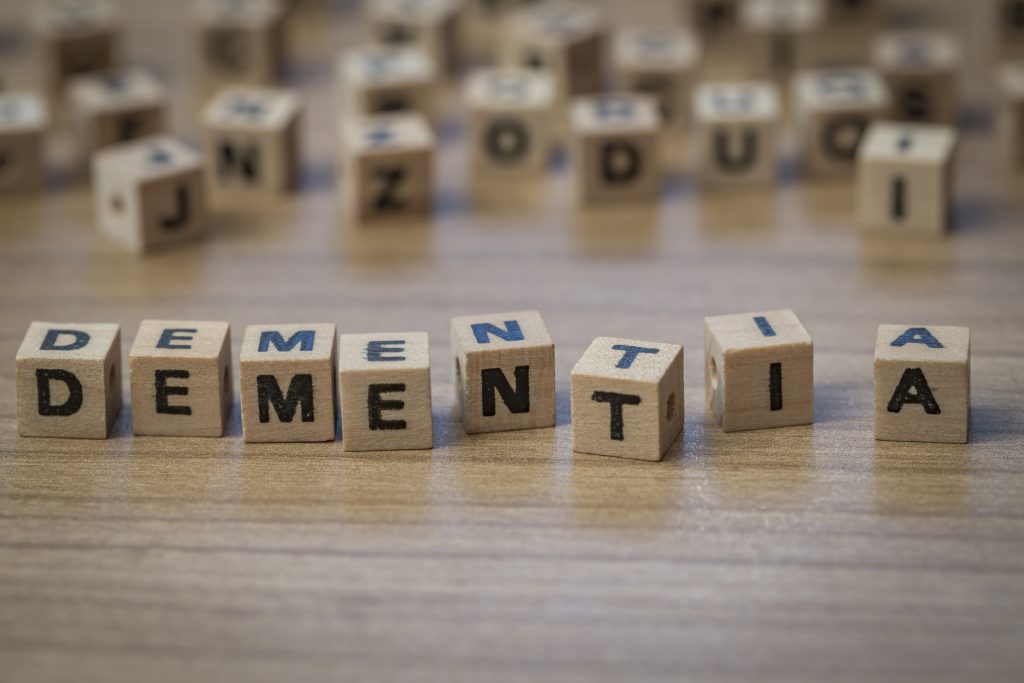 Written By: Lisa Milliken, MA, CCC-SLP, FNAP, CDP
Written By: Lisa Milliken, MA, CCC-SLP, FNAP, CDP
For anyone who has worked for more than a few years with people who are living with Dementia, you will quickly realize that the strategies which work for one person may often not work for another. And though we know that each of our therapy clients are unique and require an individual plan and approach, this concept may be even more critical with the person who has Dementia. And so we frequently remind ourselves and our colleagues that “When you’ve met one person with Dementia, you’ve only met one person with Dementia.” This is a critical point to understand and to share with others, especially for any new healthcare professional or caregiver.
Determining the Unique Differences in Each Elder
 Let’s consider some of the significant differences of people with Dementia, and how such characteristics could subsequently affect their therapeutic outcomes. First, they have different prior lives and interests, which is now important since that’s the world where they may perceive themselves to be today. With this information, we can tap into their prior occupation and thoughts about what was important, as we plan current therapeutic tasks. For example, the man who started his career as a bookkeeper and then worked as an accountant for most of his life, now feels most comfortable with spreadsheets and an adding machine. How can these items be incorporated into his therapy sessions? Likewise, imagine how you could tap into prior skills for the farmer or the nurse. What about the teacher? Or the army captain?
Let’s consider some of the significant differences of people with Dementia, and how such characteristics could subsequently affect their therapeutic outcomes. First, they have different prior lives and interests, which is now important since that’s the world where they may perceive themselves to be today. With this information, we can tap into their prior occupation and thoughts about what was important, as we plan current therapeutic tasks. For example, the man who started his career as a bookkeeper and then worked as an accountant for most of his life, now feels most comfortable with spreadsheets and an adding machine. How can these items be incorporated into his therapy sessions? Likewise, imagine how you could tap into prior skills for the farmer or the nurse. What about the teacher? Or the army captain?
Make Sure the Targeted Task Is Meaningful To The Elder
And as we plan a therapeutic intervention to increase the person’s strength or function, it is very helpful if the person can perceive it as being a necessary task, which they find to be meaningful and where they have control of doing something that is helpful to others; often this may relate to their prior interest from their lifestyle from 30-40 years ago. Examples may include gardening, cooking or cleaning projects.
Review the Current Medications List and Communicate with Team Members to Address Adverse Effects

Elders with Dementia also respond differently to medications, so what works for one may not be effective for another and some will experience more adverse effects then others. A medication review can often help to reveal the cause of certain clinical complications; if that’s the case a gradual dose reduction may be needed, and certain nonpharmacological strategies are often helpful as well.
Determine What “World” they are in at the Moment and Join Them!
Finally, let’s stop and consider how we can alter our therapeutic plans on a daily basis when we go into the client’s world (room or home). I often share this concept by suggesting to “figure out what world they are in at that moment, and join them!” For example, we will be most successful with our interventions if we first seek to determine what time period they perceive it to be. So if they are recognizing their photos from the 70’s that day and asking about their children from 1975, look up TV shows or music from that period and join them. These conversations may remove fears and help them to relax and see you as a long lost friend. Who’s up for a good Carol Burnet Show or The Tonight Show with Johnny Carson?
For more practical and evidence-based ideas, attend Lisa’s upcoming full-day live workshop at a city near you in 2021, entitled: Evidence-Based Strategies for Clients with Dementia.
